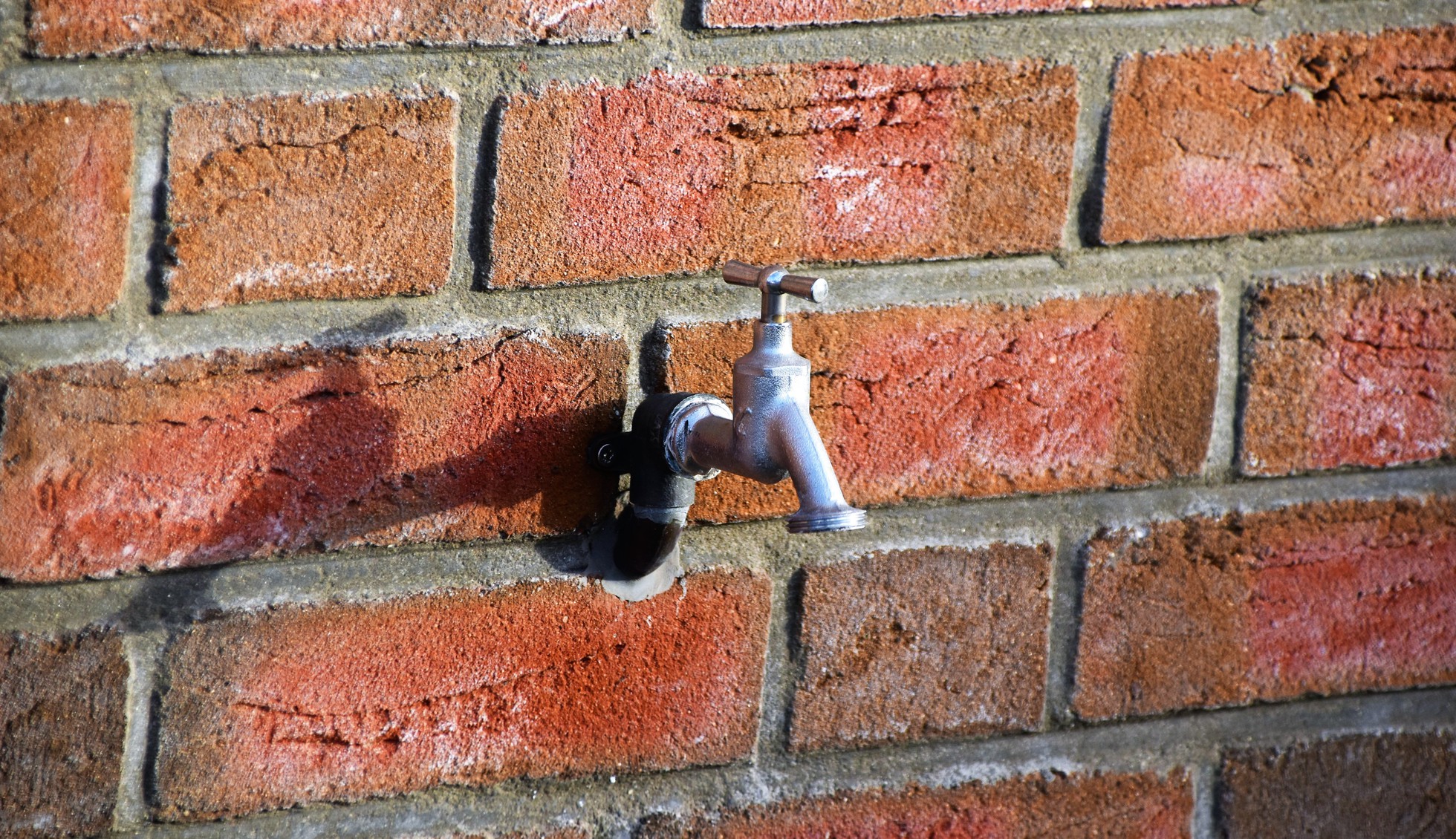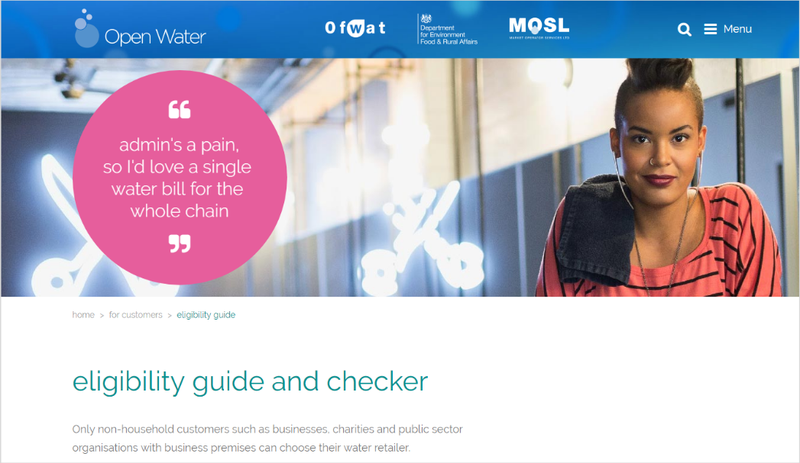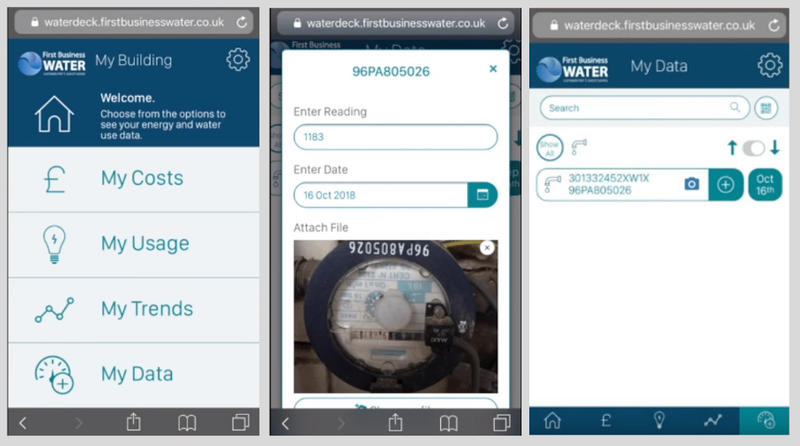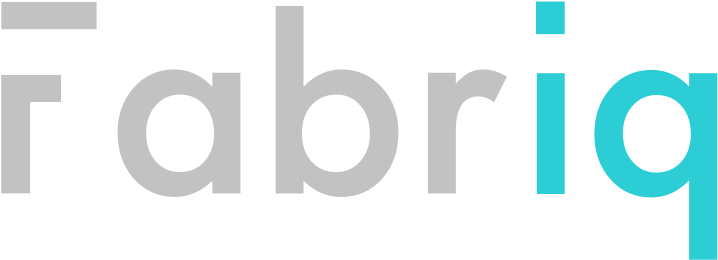

Businesses and organisations are becoming increasingly aware of the need to monitor and manage their water consumption, as evidenced by the growing amount of water-consumption data that are being submitted into a global sustainability-benchmarking database that Fabriq has been assembling.
This is important, as monitoring water consumption and conserving water will only become more essential as water crises like this latest one in Chennai will in all likelihood be more common and acute going forward unless more proactive means of managing the non-household use of water are more widely employed. And if Asia seems too far away, recent BBC headlines stating 'Within 25 years England will not have enough water to meet demand' should really resonate with us all.
Therefore, it is very encouraging to see that pro-active steps are being taken by businesses and organisations large and small across the UK to monitor water consumption and conserve water. In England, for example, since the deregulation of the water market in 2017 via the 'Open Water' programme - whereby a competitive water market was created and the ‘floodgates’ opened when it came to water and wastewater services supplier options for all small English businesses and organisations - many entrepreneurial water retailers have taken steps to offer new and innovative services to non-household customers that were not previously available.

1 Year in, Water Savings Trickling in...
First Business Water is one such retailer that is pro-actively engaging its customers regarding the benefits of monitoring their water consumption.
Last year (2018), they took their commitment to helping their customers use water more efficiently to another level and launched WaterDeck, a web-based platform powered by Fabriq to help their customers track and reduce their water consumption, making it easy for First Business Water customers to effectively carry out the 'Measure | Compare | Save' cycle in managing their water consumption.
With a diverse customer base comprising of small and medium businesses and organisations across the hospitality, retail, healthcare, public, and other sectors and a data-driven approach, First Business Water is making a tangible difference from the ground up when it comes to promoting water conservation. At a school in London, for example, First Business Water examined and bench marked the water-consumption patterns at the school's grounds using available data and ended up detecting a leak that was estimated to contribute to at least 8,000 m3 in water being wasted per year.
After taking this initial step and seeing the results that the monitoring programme yielded and what water-consumption data are capable of uncovering, the school decided to install smart meters to ramp up its efforts to monitor its water consumption in more granular terms and identify additional savings opportunities. The hope is that as more of these services and insights are made available to businesses and organisations in England and the rest of the UK, that the awareness for conserving water will continue to develop from the ground up.
Advances in digital technologies are also making the process of monitoring water consumption less effort-intensive and, in turn, playing a role in raising the awareness regarding water conservation. For example, readings from water meters can now be captured more readily via specialised apps designed for smartphones.

New metering technologies capable of providing visibility into real-time water usage are emerging and becoming more readily available. With water-consumption data gradually becoming more available and easier to collect and software platforms becoming more adaptive for the purposes of monitoring and bench marking water consumption, better data sets for bench marking water consumption are also becoming more readily available. This, of course, makes it possible to uncover additional insights on spotting water-saving opportunities, which -as trends indicate - will push the industry towards more advanced means of identifying ways to conserve water.
Overall, the combination of a more open market that promotes innovation, data, and tech are showing promising signs that it is playing a role in advancing the water-conservation agenda in England. Though there is still a lot to be done in England and beyond, the hope is that this movement will become much more than a trickle before water shortages start becoming more of a norm.

